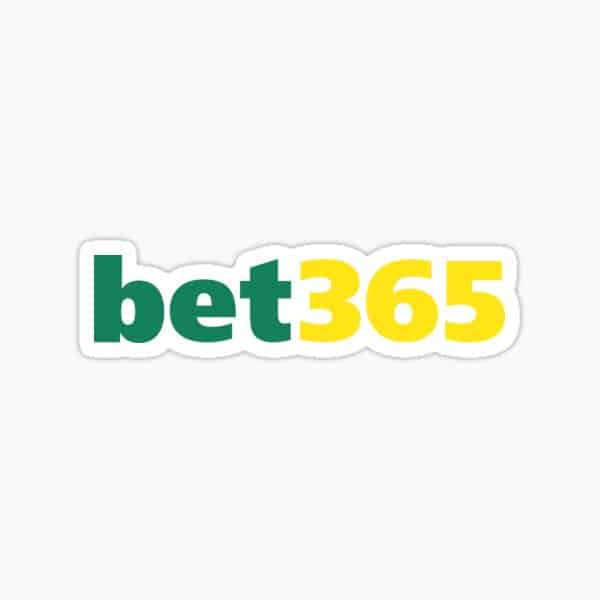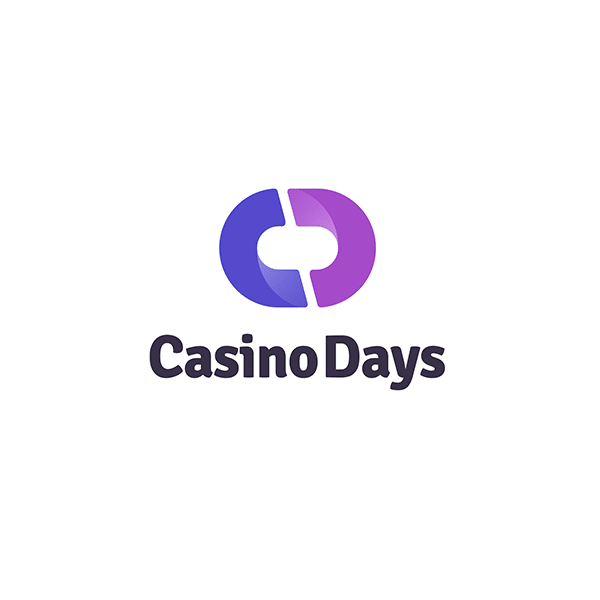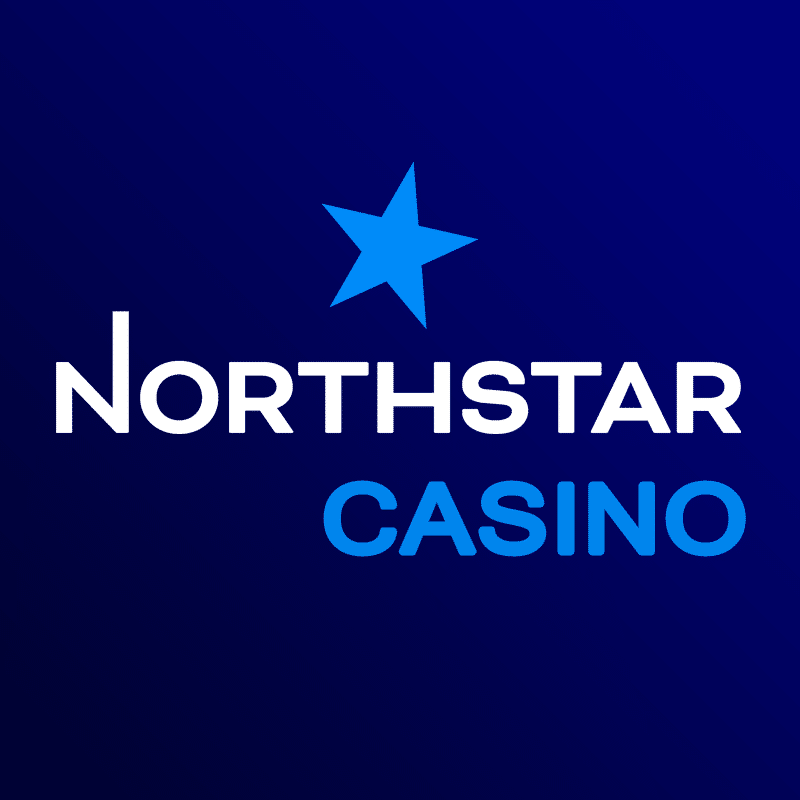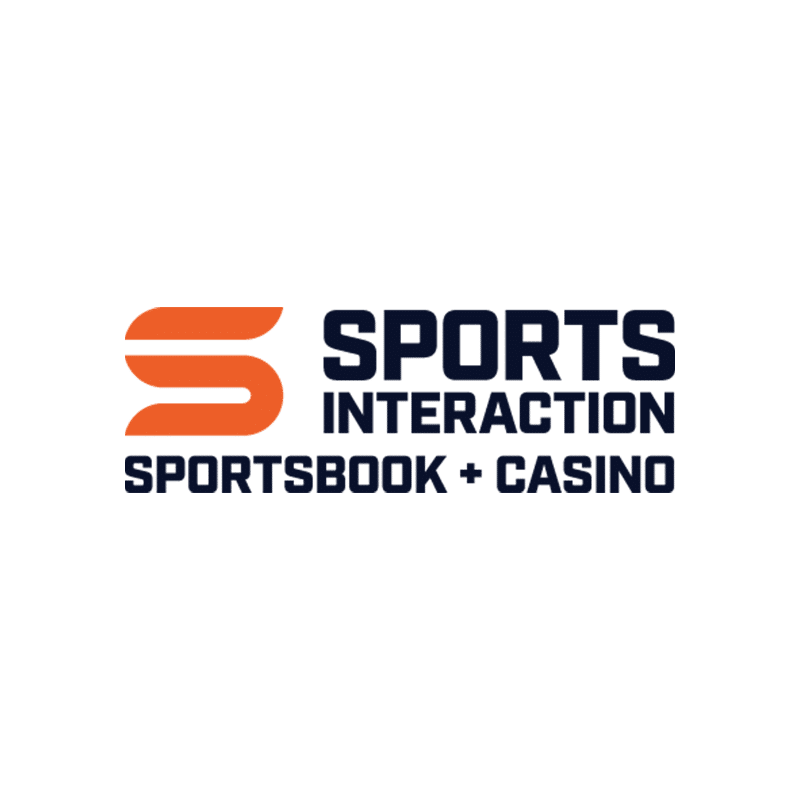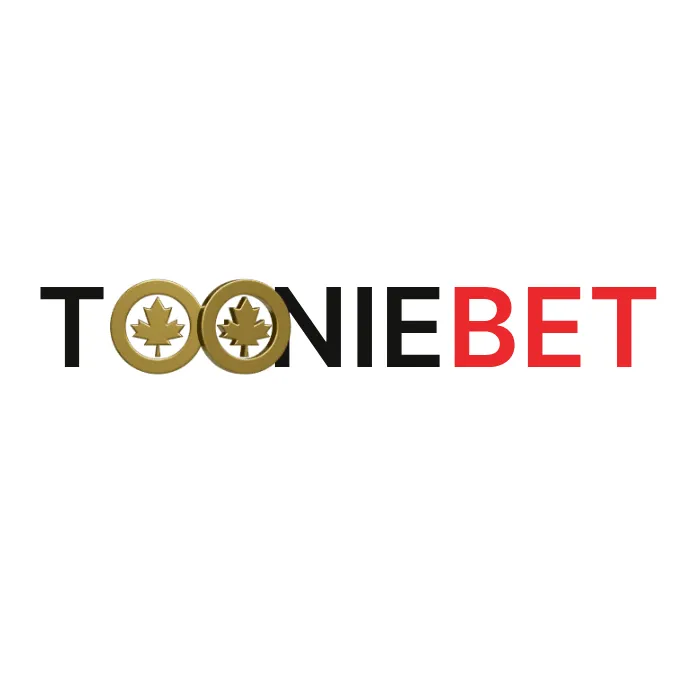Poker is one of the most popular strategy games played at online casinos. On this page, you can find our free cheat sheet with essential tips, strategies, and hand rankings — including a poker tournament cheat sheet and a Texas Hold’em cheat sheet! Whether you play Texas Hold’em, cash games, or tournaments, this page will help you set yourself up for success!
- Outstanding array of slots
- Superb live casino streams
- bet365 operates pursuant to an agreement with iGaming Ontario
- Superb live casino streams
- Terrific mix of standard and innovative casino games.
- Over 300 popular casino games
- Covers all the popular types of casino games, including bingo.
- Excellent variety of table games, including live games.
- Doesn’t directly support Bitcoin or cryptocurrency.
- Outstanding array of slots
- Superb live casino streams
- bet365 operates pursuant to an agreement with iGaming Ontario
- Superb live casino streams
- Terrific mix of standard and innovative casino games.
- Over 300 popular casino games
- Live chat and phone support available 24/7
- Mobile friendly design
- Huge collection of casino and live casino games
- Over 300 popular casino games
- Android & iOS apps for mobile gaming
- Free demo options for playing for fun
What Are Poker Cheat Sheets?
Poker cheat sheets have been a revelation in the world of online poker. These handy documents are packed with quick tips on strategy, hand ranges, and bet sizing — making them invaluable tools for anyone serious about improving their poker game. There are a variety of cheat sheets that we’ll discuss in this review — tailored to different styles of play. Whether you’re into Texas Hold’em, prefer cash games, or are gearing up for a tournament, there’s a cheat sheet for you.
These poker cheat sheets provide helpful tips that can improve your strategy — for both beginners learning how to play poker as well as intermediate poker players. In a nutshell, they break down complex concepts, enabling you to make informed decisions without needing to memorize everything. These resources are perfect for quick reference during a game, but don’t get lost in thought! They’re designed to be straightforward and easy to understand, so you can focus on playing your best hand.
Essential Poker Hand Rankings
Grasping poker hand rankings is vital for any player. Recognizing the strongest hands boosts your confidence, helping you to make better betting decisions and win more pots. In a poker showdown, the winner is determined by the best five-card hand. Thus, the player with that hand wins the pot. These rankings will help you evaluate your hand strength and make strategic decisions. With this knowledge in mind, read beyond the table for important information about key betting rounds in Texas Hold’em.
| 🪙 Poker Hand Ranking | 🎴 Cards Required |
|---|---|
| 1. Royal Flush | Ten, Jack, Queen, King, and Ace of the same suit |
| 2. Straight Flush | Five consecutive cards of the same suit |
| 3. Four of a Kind | Four cards of the same rank |
| 4. Full House | Three cards of one rank and two cards of another rank |
| 5. Flush | Five cards of the same suit, not in sequence |
| 6. Straight | Five consecutive cards of different suits |
| 7. Three of a Kind | Three cards of the same rank |
| 8. Two Pair | Two cards of one rank and two cards of another rank |
| 9. One Pair | Two cards of the same rank |
| 10. High Card | Card with highest rank when no other possible hands are available |
Key Betting Rounds in Texas Hold’em Poker
Texas Hold’em is played over four key betting rounds: ‘Preflop’, ‘Flop’, ‘Turn’, and ‘River’. Each round presents unique opportunities and challenges, and understanding the order of events will significantly improve your gameplay.
In the Preflop round, players are dealt two hole cards and decide whether to fold, call, or raise. The Flop introduces three community cards, leading to another round of betting. The Turn adds a fourth community card, and the River brings in the final community card. Each of these rounds requires strategic adjustments — based on the cards dealt and the actions of your opponents.
Preflop
The Preflop round sets the stage for the rest of the hand. This is where blinds are posted, hole cards are dealt, and players have their first opportunity to fold, call, or raise. The player to the left of the big blind, known as Under the Gun (UTG), acts first.
Blinds are forced bets ensuring there’s always money in the pot. During the Preflop round, players can fold, call the big blind, or raise to grow the pot. Mastering Preflop strategy is essential as it shapes your play for the rest of the hand.
Adopting a tight approach in early positions and loosening up in later positions is wise. The first player to act has less information and should play conservatively, while players in later positions can benefit from observing others’ actions.
The Flop
The Flop is the second betting round, introducing three community cards dealt face-up. These cards are shared by all players, who must evaluate their hand strength based on these new cards. This round shapes the game significantly.
Players must decide whether to continue with their hand, fold, or increase the pot size by betting or raising. The Flop can dramatically change the dynamics of the game, so it’s essential to reassess your hand in this round.
The Turn
The Turn introduces a fourth community card, which can significantly alter the strength of your hand. This new card can create opportunities for stronger hands or reveal that your hand is weaker than you initially thought.
The betting round following the Turn lets players reassess their strategies based on the updated board. It’s a crucial moment to decide whether to continue investing in the pot or to fold and cut your losses. Careful analysis of your position and hand strength during the Turn is vital. A well-timed bet or fold can significantly impact your overall success.
The River
The River is the final community card dealt in Texas Hold’em, offering one last chance for players to bet. After the River card is revealed, players can check, bet, fold, call, or raise. After the River betting round, players reveal their cards in a showdown to determine the winner. This is where your grasp of hand rankings and strategic betting pays off, as the best five-card hand wins the pot.
Understanding Poker Table Positions
Your position at the poker tables significantly impacts your strategy. Positions are categorized into early, middle, and late — each influencing your play style and decisions. The ‘Dealer Button’ is the most advantageous position, allowing the player to act last in each betting round.
Early positions require tight play because you act before most of your opponents and have less information about their hands. Middle positions allow for more flexibility, as you’ve seen some actions before making your decision. Late positions, especially the ‘Cutoff’ and ‘Dealer’, offer the best opportunities to leverage your position.
Poker Cheat Sheets: Strategy For Betting Rounds
Selecting the right strategy is fundamental in poker. Different table positions and betting rounds correspond to specific strategies that can maximize profitably. Learn about what to do in each betting round for the most optimal play with this tournament poker cheat sheet outline.
Preflop Strategy
Knowing preflop range charts lets you shove with a positive expected value, regardless of your opponent’s cards. For example, if you have a negative expected value, you most likely would fold against opponents.
A strong starting hand range usually includes higher pairs and strong Broadway cards, meaning it would be best not to fold in this situation. However, a Texas Hold’em poker cheat sheet influencing your starting hand decisions can significantly enhance your preflop strategy, which is why it’s best to refer to one before making any decision.
Flop Betting Strategy
The flop is the first set of community cards dealt, and having a solid betting strategy here is essential. Here are some key points to consider:
- Continuation Bet (CBet): A continuation bet is a bet made on the flop after raising preflop. It’s a powerful tool to build the pot and narrow the field. By continuing the aggression, you can often force opponents to fold weaker hands.
- Flop Texture: The flop texture refers to the combination of cards on the board. A draw-heavy board with possible straight and flush draws requires a more cautious approach, while a paired board with a possible set might call for more aggressive betting. Use the tournament poker cheat sheet to figure out what you should do.
- Opponent’s Action: Pay close attention to your opponent’s actions on the flop. If they check, it may indicate weakness, giving you an opportunity to bet and take control of the pot. Conversely, if they bet, it may signal strength, and you should consider whether to fold, call, or raise based on your hand strength and read on the opponent.
Turn and River Strategy
The turn and river are the final two community cards dealt with, and they require a different approach than the flop.
- Turn Strategy: The turn is a critical street where you need to decide whether to continue betting or check after the 4th card is shown. If you have a strong hand, consider betting to build the pot. If your hand is weak or marginal, checking or folding might be the best option to control the pot size and avoid unnecessary risks.
- River Strategy: The river is the final street where you need to make a decision based on the board and your opponent’s actions. If you have a strong hand, betting can maximize your winnings. If your hand is weak, folding might be the best way to minimize your losses. Always consider the potential hands your opponent could have and make your decision accordingly.
Common Poker Terms You Need to Know
Poker has its own language, and knowing common terms is essential for any player.
- Blinds: Forced bets posted by players to the left of the dealer button.
- Hole Cards: The two private cards dealt to each player at the start of the hand
- Community Cards: These are the five face-up cards dealt in three stages: the Flop, Turn, and River.
- Position: Refers to the order in which players act during a hand, crucial for strategic decisions.
- The Pot: Total amount of chips players have bet in a hand
- Showdown: Where the remaining players reveal their cards to determine the winner.
Tips for Cash Games
Playing cash games requires a strategy different from tournaments. Here are five tips to help you succeed in a cash game.
- Maintain a tight playing style to increase profitability, especially in low-stakes games.
- Recognize when to make continuation bets (CBet) based on the flop and opponent actions.
- Avoid large bets with medium-strength hands; use these for bluff-catching.
- When holding strong hands, bet to build the pot rather than slow-playing.
- Being the most aggressive player at the table can yield significant advantages, especially in low-stakes games.
Tips for Poker Tournaments
Poker tournaments need strategic adjustments as the game progresses. A poker tournament cheat sheet can provide essential strategies and optimal plays for different stack sizes, helping you maximize your chances of winning from the early stages through to the final table.
- In the early stages, conserve your chips and engage only with strong hands.
- During the middle stages, apply pressure on smaller stacks and be more aggressive in late positions.
- In the later stages, chip leaders should exploit shorter stacks, while players with 10-15 big blinds should adopt a ‘shove or fold’ strategy.
Responsible Gambling Practices
Responsible gambling practices are essential for a fun, safe poker experience. A paramount part of this is effective bankroll management. It ensures you only risk what you can afford to lose, allowing you to stay in the game longer and navigate the ups and downs of variance. A solid bankroll management strategy recommends having at least 30 buy-ins for your chosen limit. Having a steady bankroll provides psychological comfort, helping you absorb losses without distress. Adjust your strategies based on your win rates and variance to manage your bankroll effectively.
Adhering to these practices ensures your poker sessions remain fun and within your control. If you or someone you know is struggling, please don’t hesitate to use the following resources:
- Gambling Therapy: https://www.gamblingtherapy.org/
- Responsible Gambling Council: https://www.responsiblegambling.org/for-the-public/problem-gambling-help/help-for-canadians/
- Gamblers Anonymous: http://www.gamblersanonymous.org/
Poker Cheat Sheets Summary
In conclusion, mastering poker requires understanding hand rankings, betting rounds, table positions, and starting hands. Using poker cheat sheets can provide quick, actionable advice to improve your game. Effective bankroll management and continuous learning through helpful resources are also crucial. By applying these strategies and tips, you can elevate your poker game and compete with the best players. Remember, practice and patience are key to becoming a successful poker player. Good luck at the tables!
Best Poker Cheat Sheets FAQ
Here are the most common questions about poker cheat sheets:
A poker cheat sheet is your go-to guide for quick references on hand rankings and strategic betting tips, making it easier to make smart decisions during the game. It’s all about improving your gameplay and boosting your confidence at the table!
The top-ranked hand in poker is the Royal Flush, made up of an ace, king, queen, jack, and ten, all in the same suit. It’s the ultimate winning hand!
In Texas Hold’em, there are four key betting rounds: Preflop, Flop, Turn, and River. Each round is crucial to most strategies
Knowing poker hand rankings is crucial because it helps you assess your hand’s strength and make smarter strategic choices, ultimately boosting your winning potential.
If yourself or a loved one is struggling with gambling addiction, please don’t hesitate to use the following resources:
Responsible Gambling Council: https://www.responsiblegambling.org/for-the-public/problem-gambling-help/help-for-canadians/
Gamblers Anonymous: http://www.gamblersanonymous.org/
Gambling Therapy: https://www.gamblingtherapy.org/
